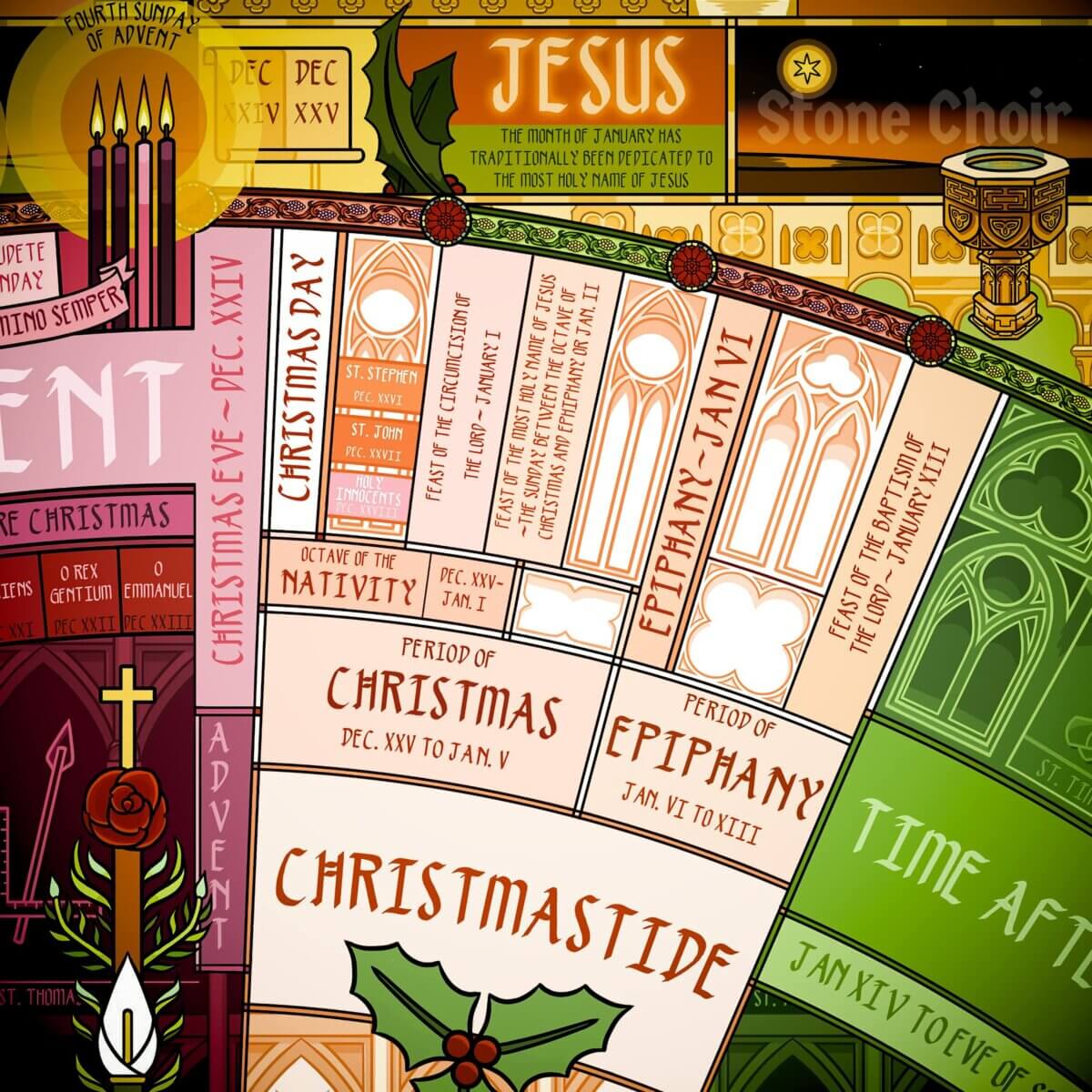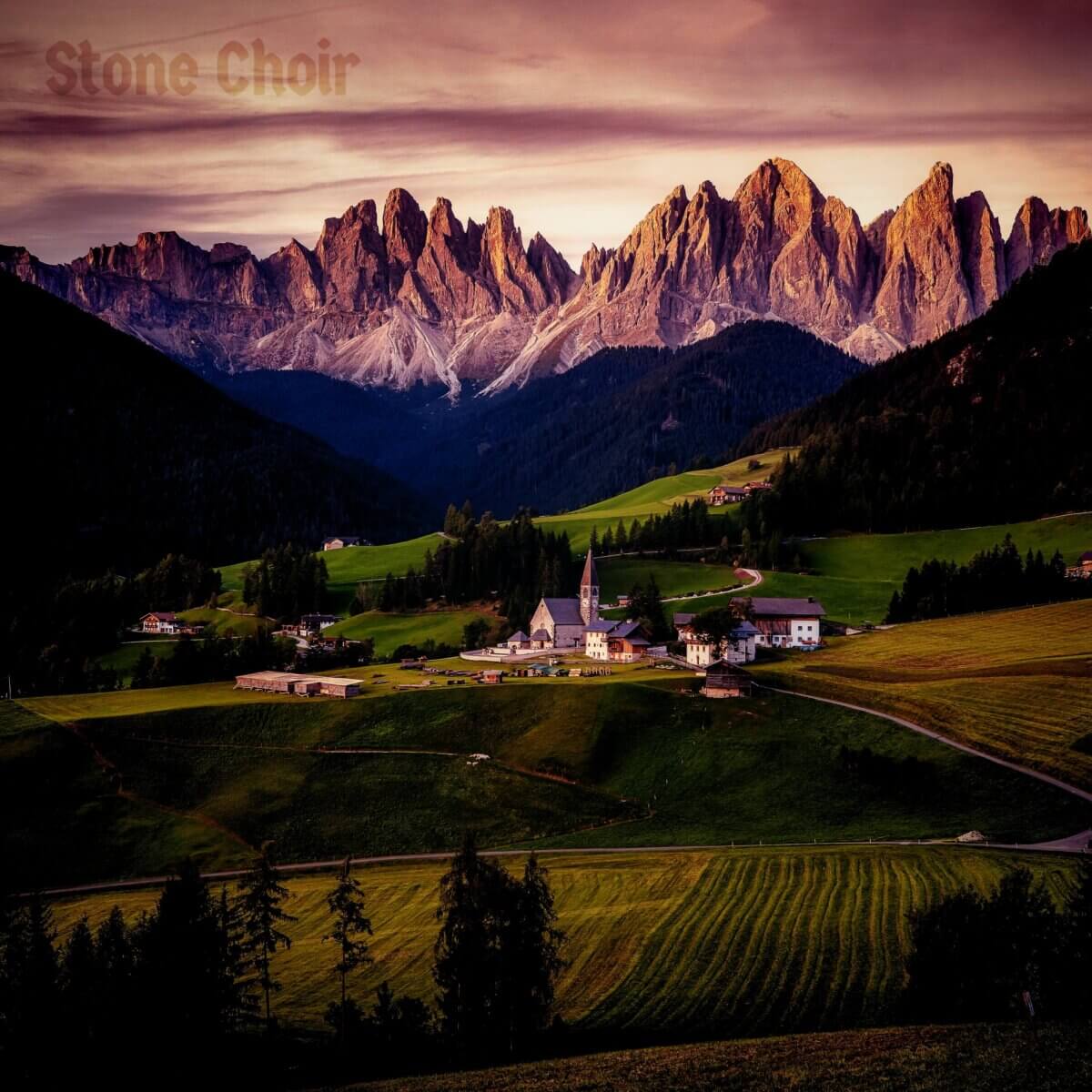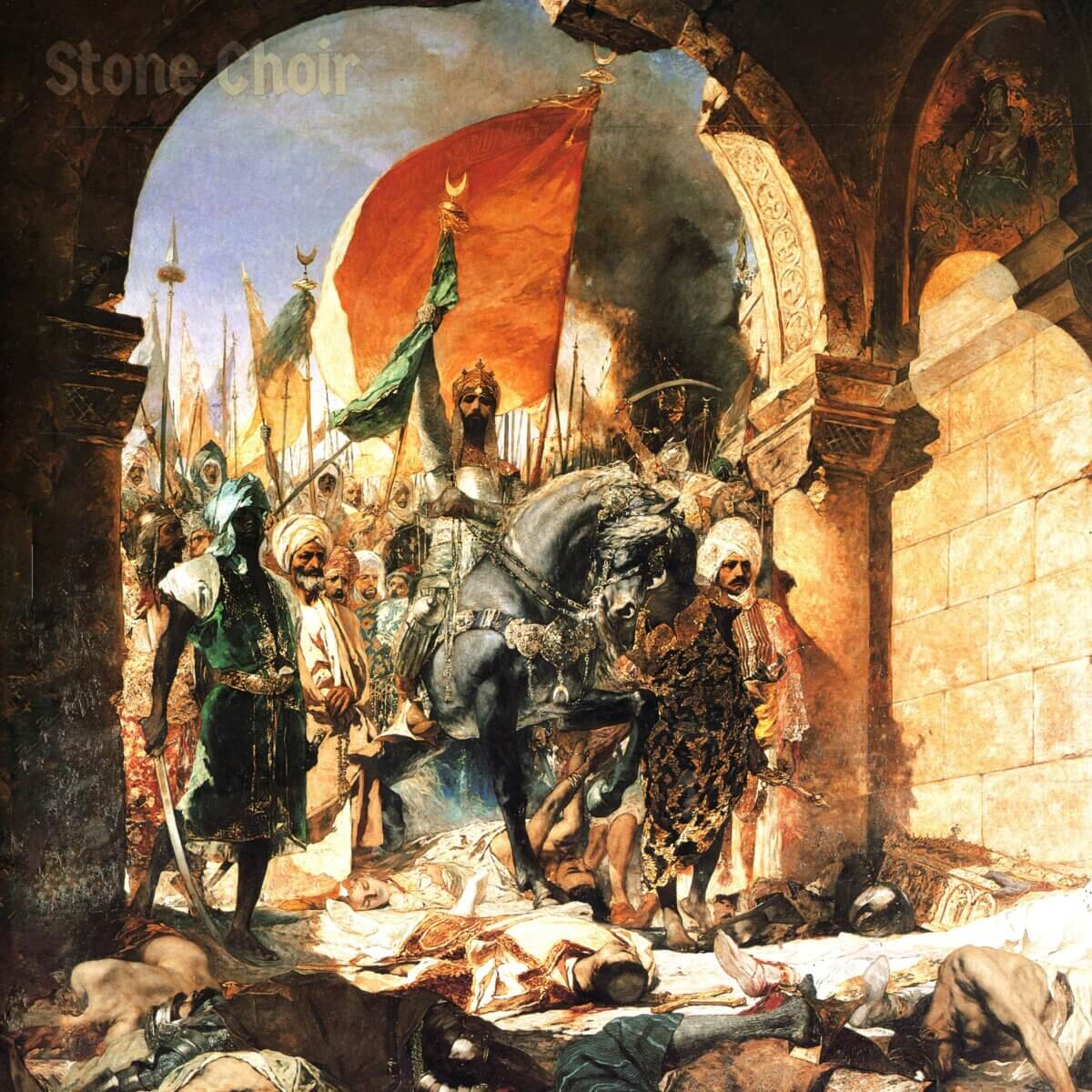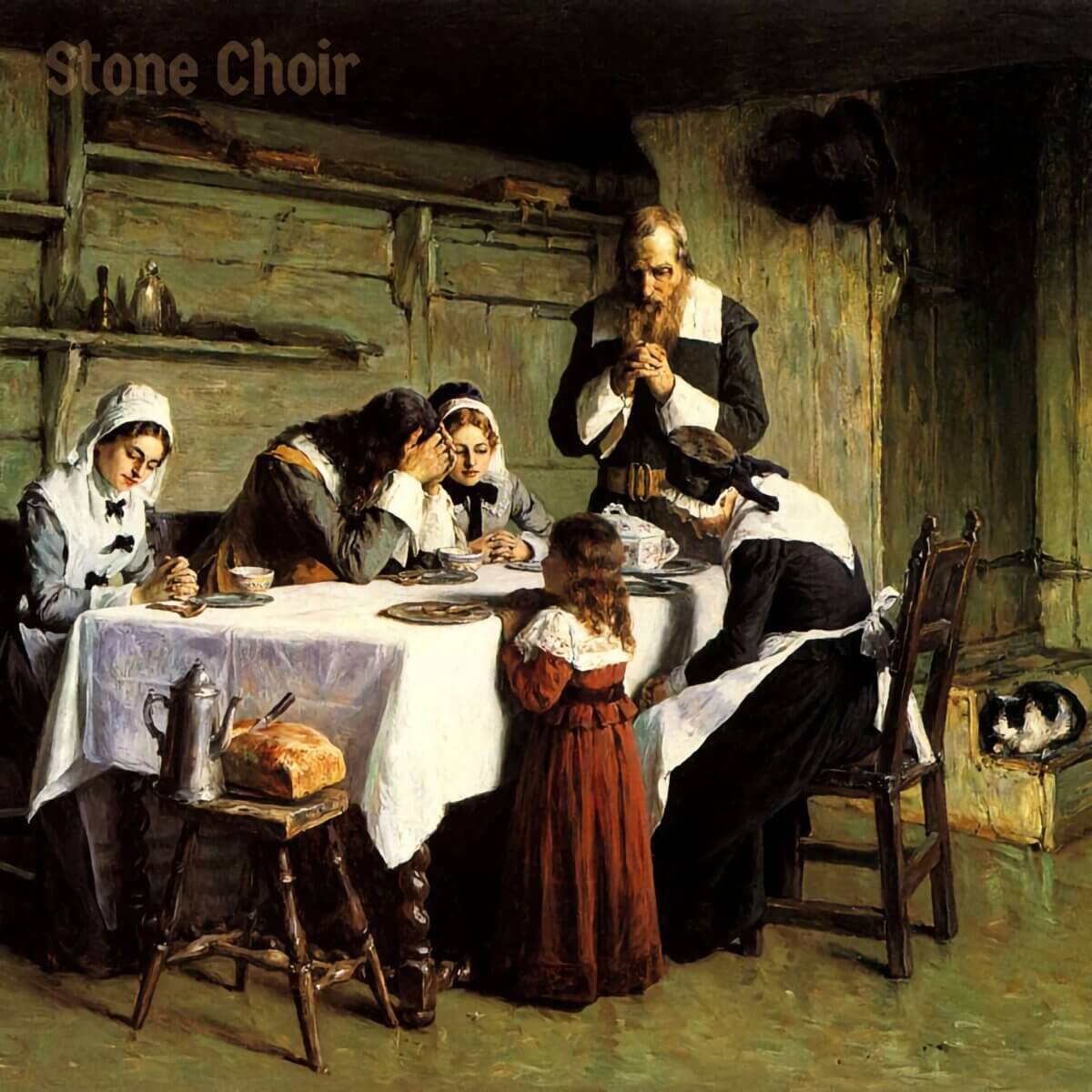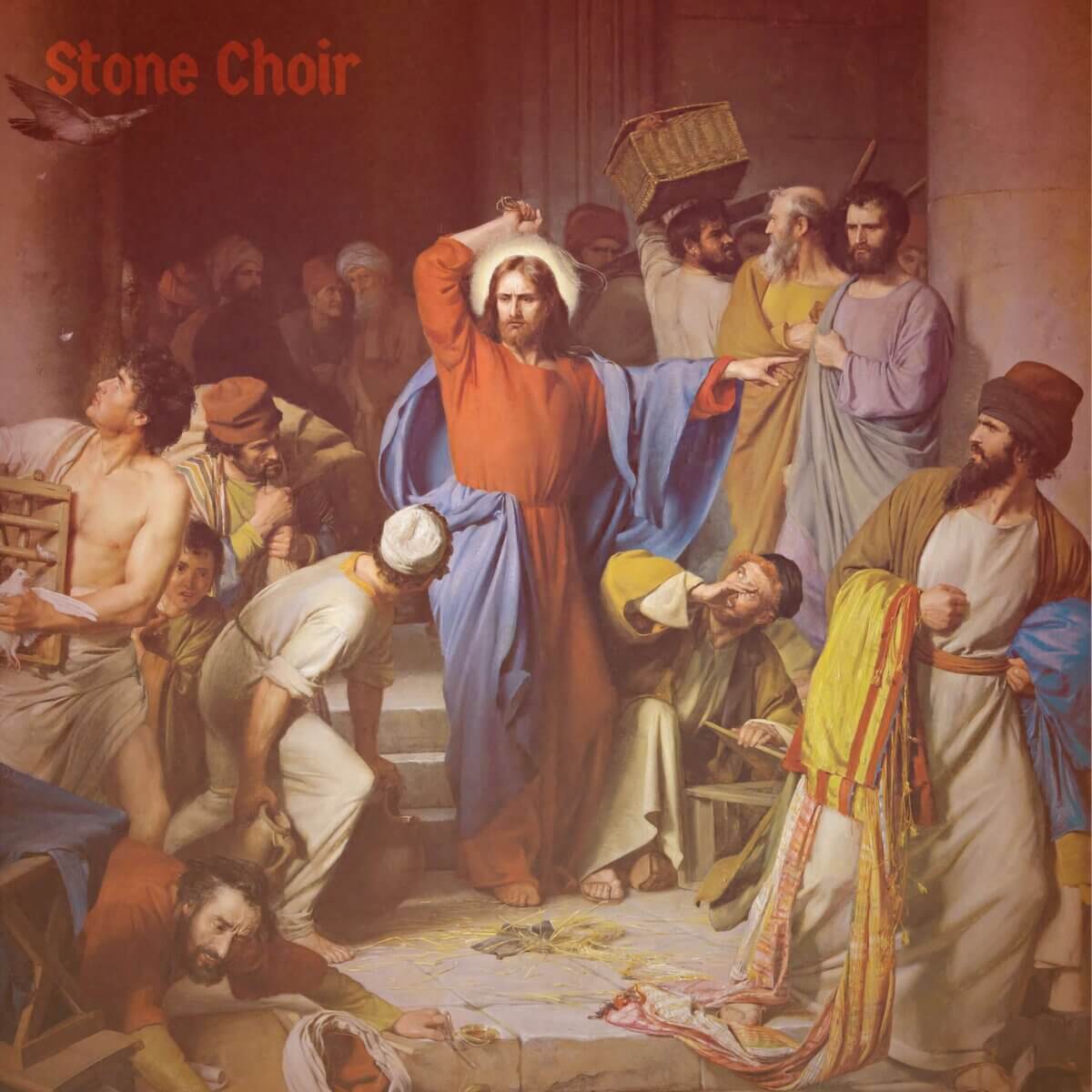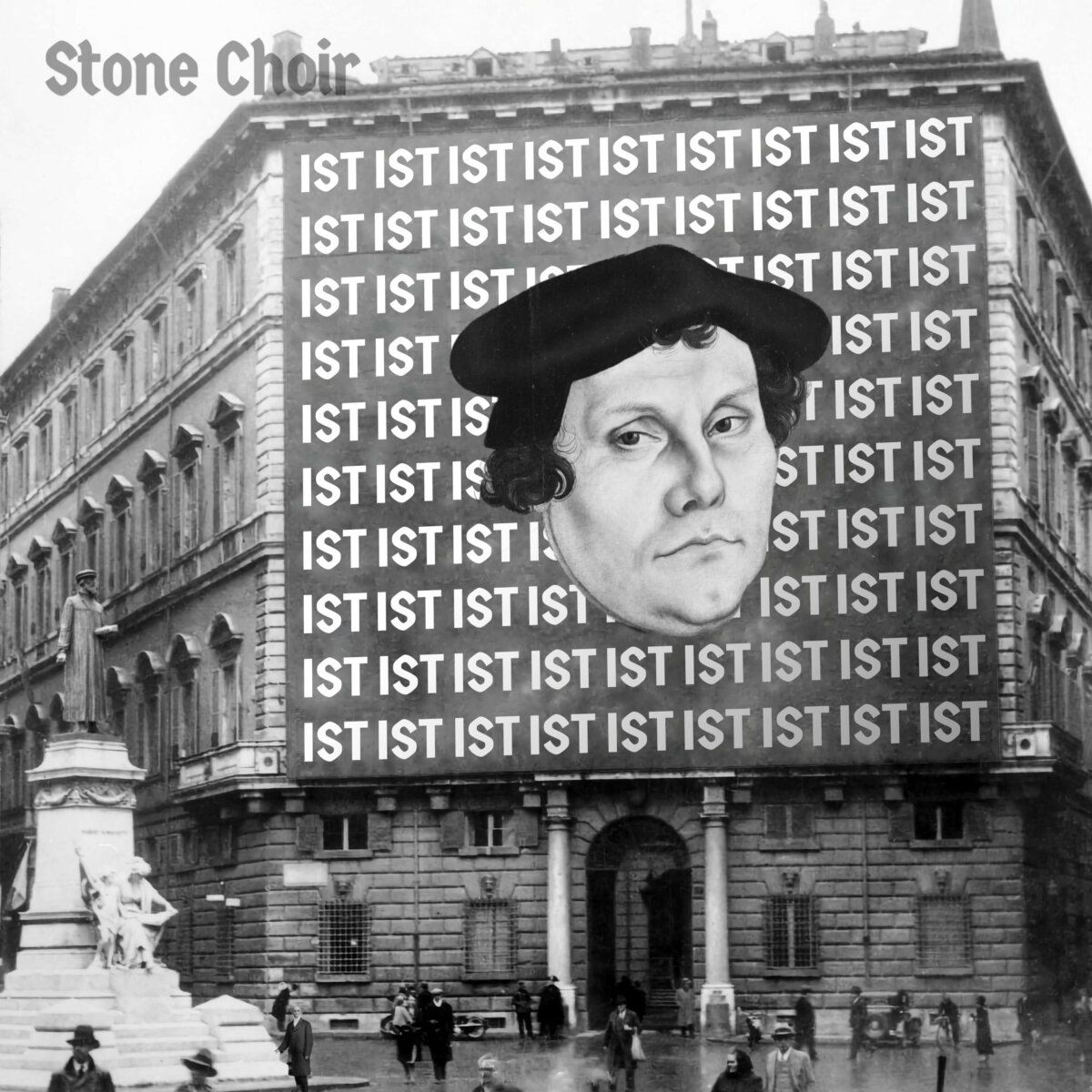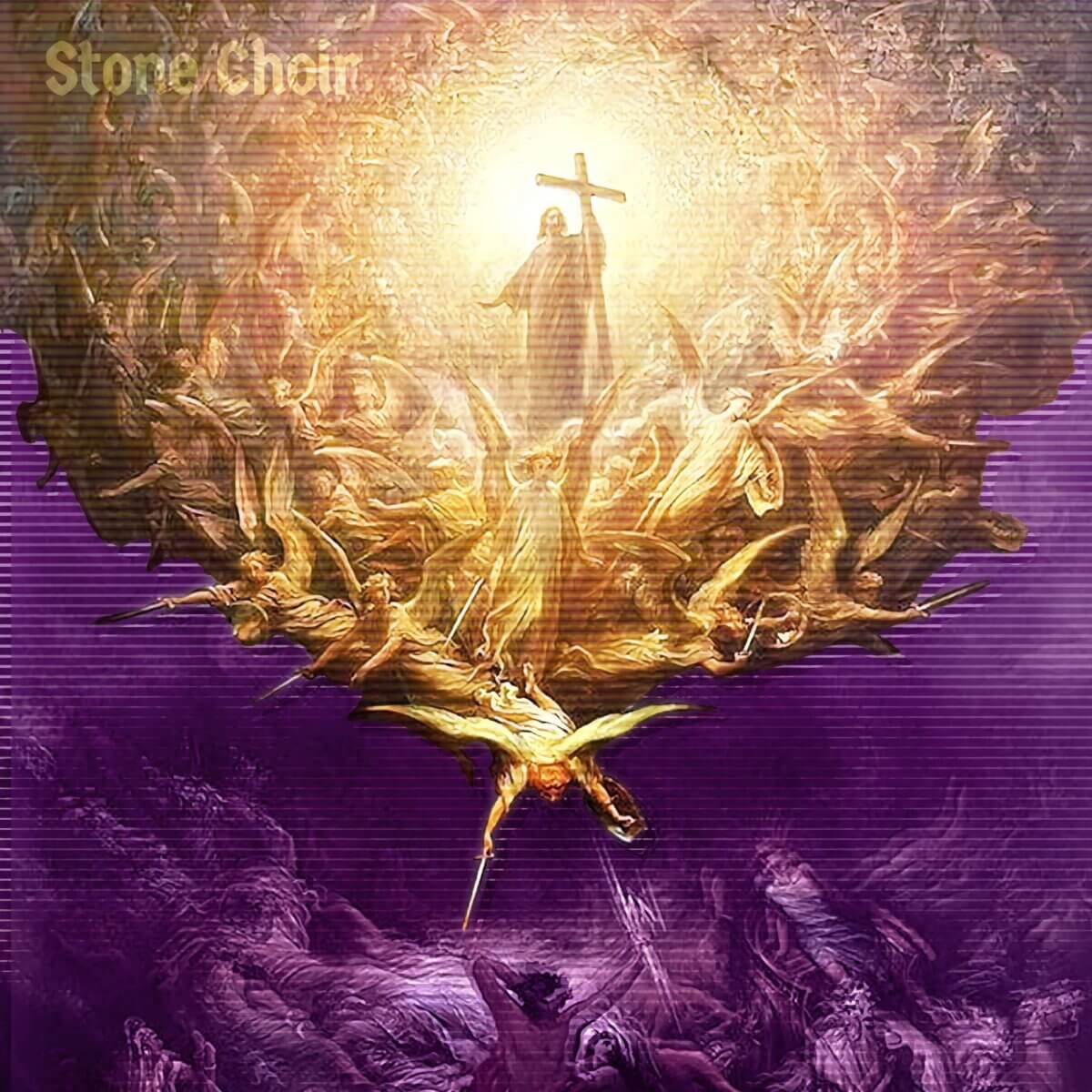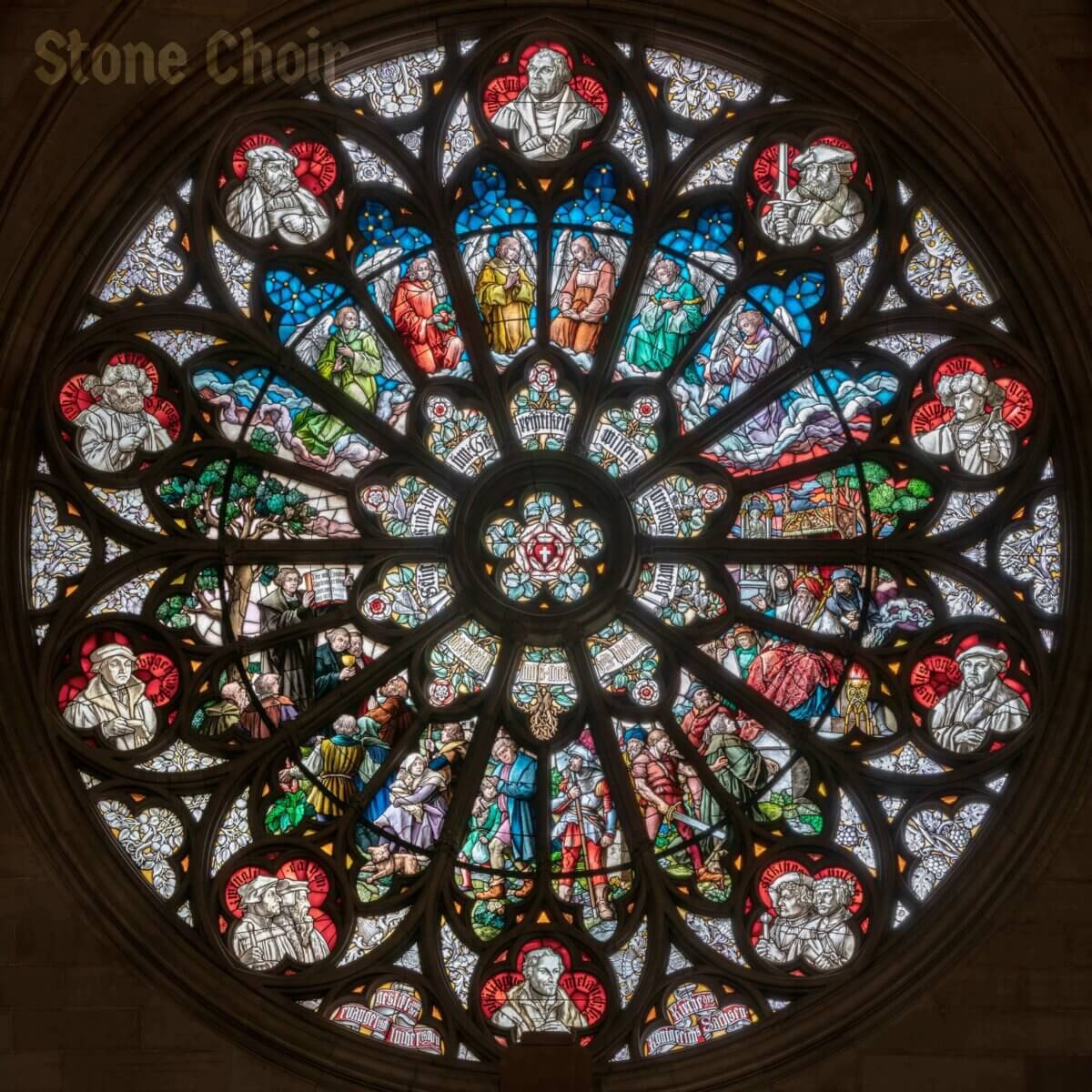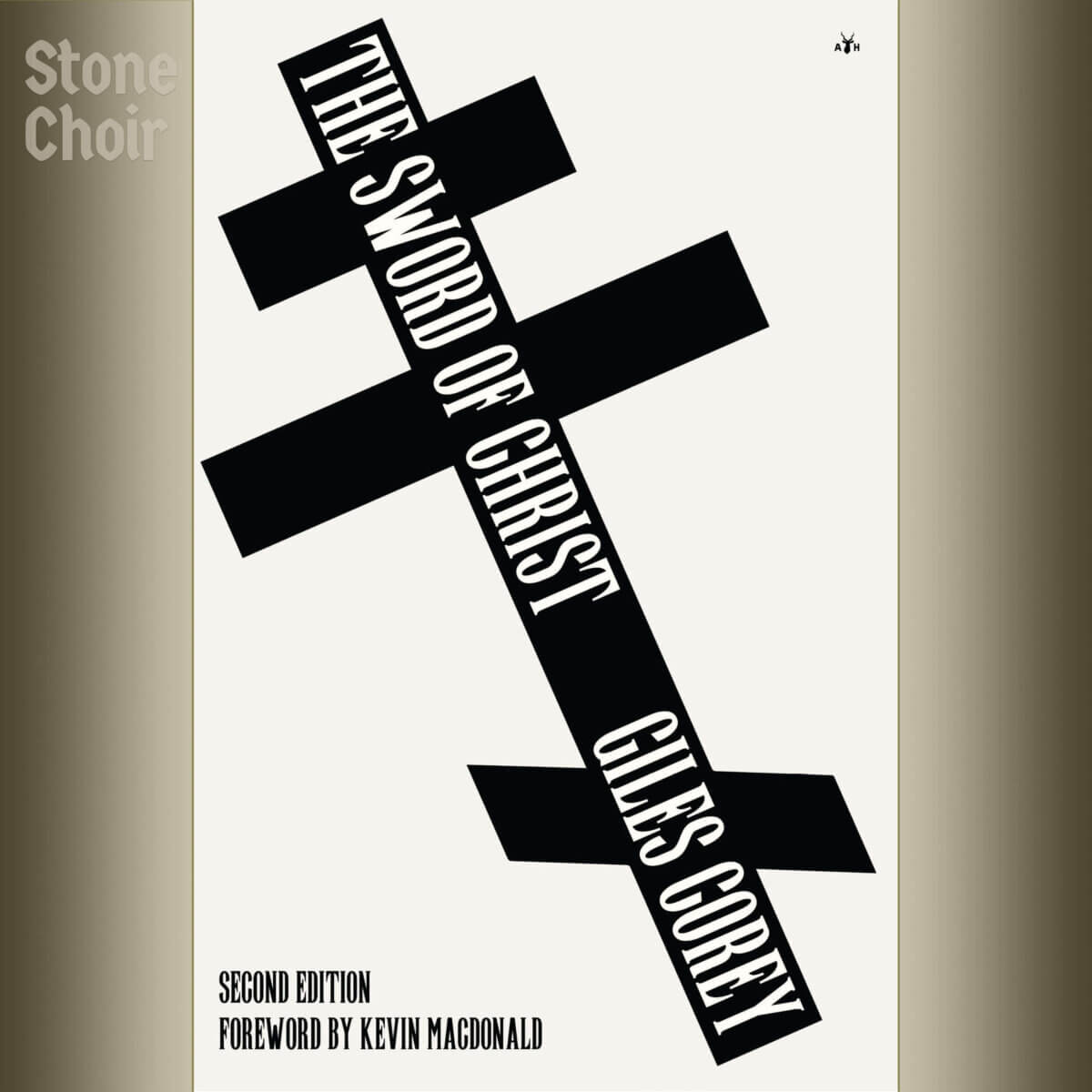Liturgical Life
Podcast: Play in new window | Download (Duration: 1:42:01 — 195.5MB) | Embed
Subscribe: Apple Podcasts | Spotify | Amazon Music | More
Hosts

Corey J. Mahler

Unlike the Old Testament Israelites, New Testament Christians are not required to observe any particular set of feasts, festivals, or commemorations — Scripture does not lay out a Church Year that we are required to follow. However, the Christian standard is not ‘What is required?’, but rather: ‘What is profitable?’ When we ask, instead of what we must do, what we should do for the sake of unity, instruction, and order, we arrive at a far different answer from that of most modern Christians, who have jettisoned from their faith much of the historic practices of the Church.
Whereas we affirm that neither we nor you, as Christians, are required to observe the feasts, festivals, and commemorations of the Church and her historic calendar, we also resolutely contend that these observances are good for the body of Christ. It is in the cyclical and seasonal observances that we live out of lives as Christians and recognize our brothers-in-Christ, who are living out similar lives. There is a difference between the minimum of the faith and the fullness of the faith — we want you to have the latter.
Subscribe to the podcast here.
Show Notes
- Liturgical Year [Wikipedia]
- Church Year [Encyclopædia Britannica]
See Also
- Owen Cyclops’ Church Year Calendar, as featured in the show art
- Ad Crucem’s Church Year Calendar
- Daily Devotions from Confident.Faith
Further Reading
- The (Lutheran) Church Year Explained
- Free Church Year Calendar Download from CPH (You do not need to agree to receive emails.)
Parental Warnings
None.
Current Sponsor(s)
Coming soon?
Support the Podcast
- Recurring Donation
- One-Time Donation
- Mahler’s Amazon.com Wish List
- Woe’s Amazon.com Wish List
- The Stone Choir 2024 Challenge Coin
- Update: Shipping has begun.
Comments?
Join the discussion on Telegram, visit the feedback form or comment below.
